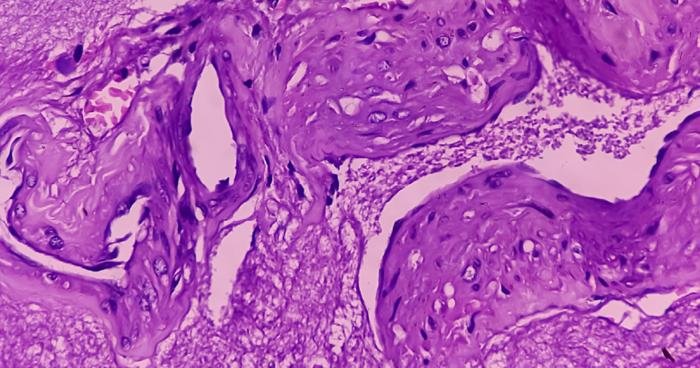Scientists at Tsinghua University have developed a pioneering method to grow kidney tumors in the lab using cells from real patients, offering a powerful new tool for studying renal cancer and tailoring treatments to individual patients. Their research, published in the journal Biofabrication, leverages advanced 3D bioprinting technology to replicate the complex structure and behavior of kidney tumors with unprecedented accuracy.
Renal cell carcinoma (RCC), the most common form of kidney cancer, is rising in incidence and presents major treatment challenges. Many patients respond poorly to chemotherapy, and targeted therapies often fail due to tumor heterogeneity and evolving genetic mutations. Traditional lab models—such as 2D cell cultures or animal testing—struggle to mimic the intricate microenvironment of human tumors, making it difficult to predict how treatments will perform in real patients.
To address these limitations, the Tsinghua team developed a bioprinting technique that combines patient-derived tumor cells with other cell types, including vascular-like structures, to create realistic tumor organoids. These organoids retain the biological traits of the original tumors, including their cellular diversity and architecture. By simulating the tumor’s native environment, researchers can observe how it grows, responds to drugs, and develops resistance—offering a more reliable platform for testing therapies.
One of the key advantages of this approach is speed and scalability. Traditional methods for culturing patient-specific tumor models are labor-intensive and slow. The new bioprinting process automates much of the work, enabling rapid production of organoids for high-throughput drug screening. This means doctors could potentially test multiple therapies on a patient’s tumor model before selecting the most effective treatment.
Dr. Yuan Pang, co-author of the study, emphasized the clinical potential: “This new method could greatly improve how we study kidney cancer and develop personalized treatments for patients. The rapid production of organoids will make it much faster to find the right treatment for individual patients.” By tailoring therapies to the unique characteristics of each tumor, this technology could reduce trial-and-error in cancer care and improve outcomes.
Beyond personalized treatment, the organoids also offer a valuable tool for drug development. Researchers can use them to study tumor biology, identify new drug targets, and evaluate the effectiveness of experimental compounds in a realistic setting. The inclusion of vascular-like networks is especially important, as it mimics how tumors receive nutrients and interact with the immune system—factors that influence drug delivery and resistance.
Press Release: 3D-printed kidney tumors show potential for more targeted treatment
Abstract in Biofabrication: Bioprinting of patient-derived heterogeneous renal cell carcinoma organoids for personalized therapy

